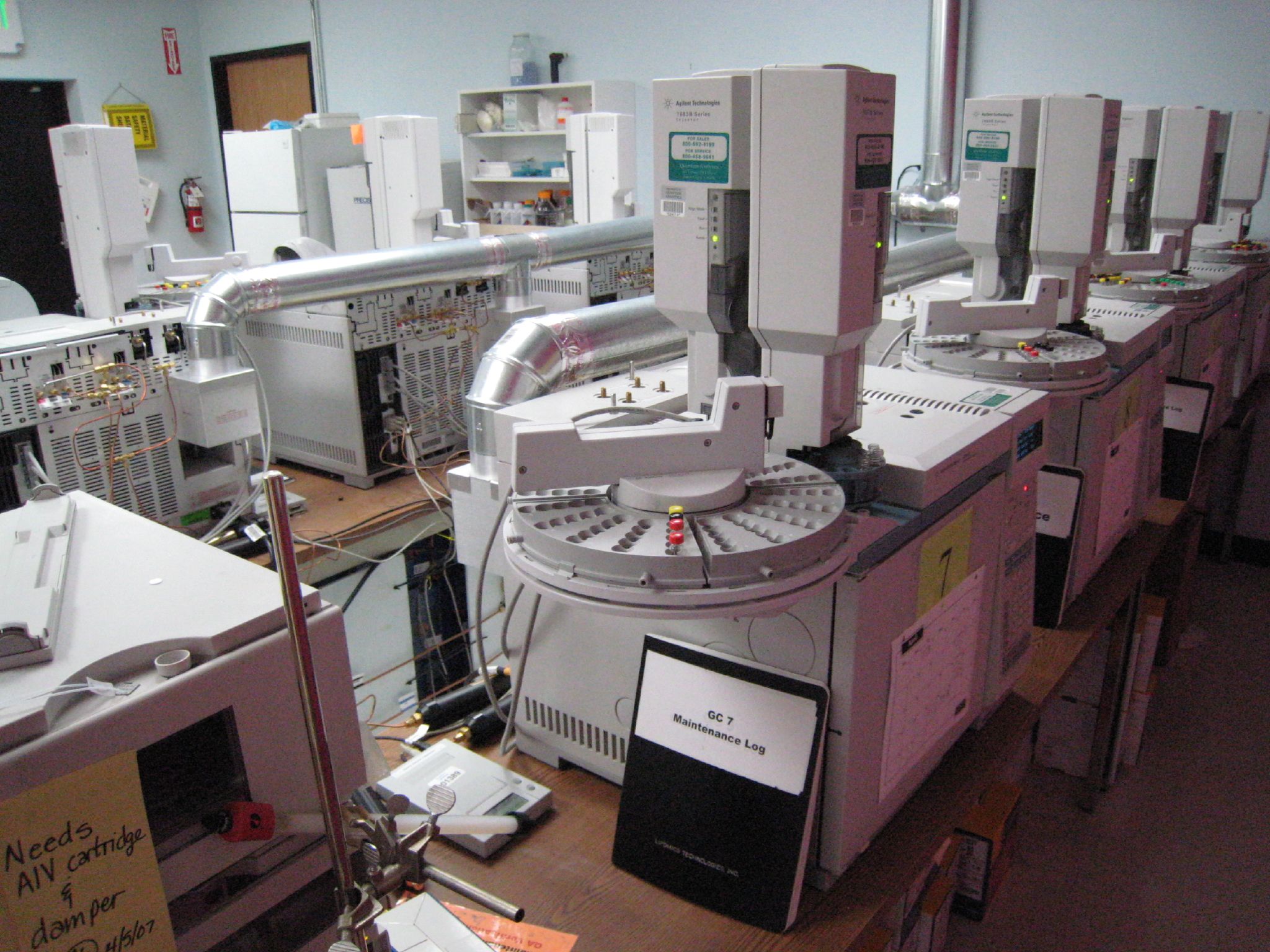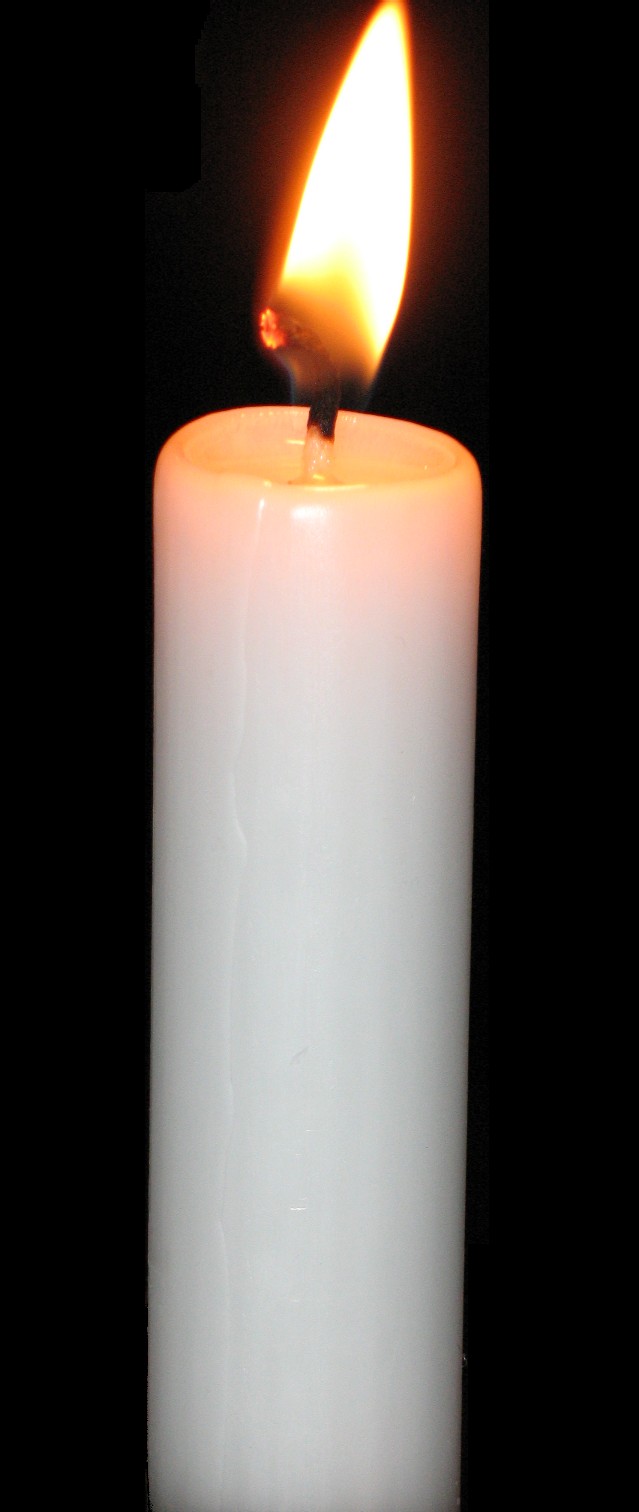|
Svetozar Lj. Jovanović
Svetozar Lj. Jovanović (1895–1951) was a Serbian chemist and assistant professor of chemistry from 1925 to 1941. He specialized in the field of analytical chemistry. Jovanović developed a new electroanalytical method for the quantitative determination of antimony and a method for the separation of copper from zinc by rapid electrolysis. He studied the gravrimetric determination of problems, such as the manufacture of drugs and, in particular, the practical utilization of the country's paraffin shales. He co-authored with Momir Jovanović a book on ''Principles of Qualitative Chemical Analysis'' (Serbian: ''Kvalitativna hemijska aanaliza''). He also wrote an article for a Serbian medical journal titled "Diagnostic evaluation of Vidal's reaction". See also * Vukić Mićović * Djordje K. Stefanović * Pavle Savić * Marko Leko * Aleksandar Zega * Dejan Popović Jekić * Zivojin Jocic Živojin Jocić (1870–1914) was a Serbian chemist. In organic chemistry, the Jocic re ... [...More Info...] [...Related Items...] OR: [Wikipedia] [Google] [Baidu] |
Chemist
A chemist (from Greek ''chēm(ía)'' alchemy; replacing ''chymist'' from Medieval Latin ''alchemist'') is a scientist trained in the study of chemistry. Chemists study the composition of matter and its properties. Chemists carefully describe the properties they study in terms of quantities, with detail on the level of molecules and their component atoms. Chemists carefully measure substance proportions, chemical reaction rates, and other chemical properties. In Commonwealth English, pharmacists are often called chemists. Chemists use their knowledge to learn the composition and properties of unfamiliar substances, as well as to reproduce and synthesize large quantities of useful naturally occurring substances and create new artificial substances and useful processes. Chemists may specialize in any number of subdisciplines of chemistry. Materials scientists and metallurgists share much of the same education and skills with chemists. The work of chemists is often related to the ... [...More Info...] [...Related Items...] OR: [Wikipedia] [Google] [Baidu] |
1951 Deaths
Events January * January 4 – Korean War: Third Battle of Seoul – Chinese and North Korean forces capture Seoul for the second time (having lost the Second Battle of Seoul in September 1950). * January 9 – The Government of the United Kingdom announces abandonment of the Tanganyika groundnut scheme for the cultivation of peanuts in the Tanganyika Territory, with the writing off of £36.5M debt. * January 15 – In a court in West Germany, Ilse Koch, The "Witch of Buchenwald", wife of the commandant of the Buchenwald concentration camp, is sentenced to life imprisonment. * January 20 – Winter of Terror: Avalanches in the Alps kill 240 and bury 45,000 for a time, in Switzerland, Austria and Italy. * January 21 – Mount Lamington in Papua New Guinea erupts catastrophically, killing nearly 3,000 people and causing great devastation in Oro Province. * January 25 – Dutch author Anne de Vries releases the first volume of his children's novel '' Journey Through the Nigh ... [...More Info...] [...Related Items...] OR: [Wikipedia] [Google] [Baidu] |
1895 Births
Events January–March * January 5 – Dreyfus affair: French officer Alfred Dreyfus is stripped of his army rank, and sentenced to life imprisonment on Devil's Island. * January 12 – The National Trust for Places of Historic Interest or Natural Beauty is founded in England by Octavia Hill, Robert Hunter and Canon Hardwicke Rawnsley. * January 13 – First Italo-Ethiopian War: Battle of Coatit – Italian forces defeat the Ethiopians. * January 17 – Félix Faure is elected President of the French Republic, after the resignation of Jean Casimir-Perier. * February 9 – Mintonette, later known as volleyball, is created by William G. Morgan at Holyoke, Massachusetts. * February 11 – The lowest ever UK temperature of is recorded at Braemar, in Aberdeenshire. This record is equalled in 1982, and again in 1995. * February 14 – Oscar Wilde's last play, the comedy ''The Importance of Being Earnest'', is first shown at St Jam ... [...More Info...] [...Related Items...] OR: [Wikipedia] [Google] [Baidu] |
Zivojin Jocic
Živojin Jocić (1870–1914) was a Serbian chemist. In organic chemistry, the Jocic reaction, also called the Jocic–Reeve reaction (named after Żivojin Jocić and Wilkins Reeve) is a name reaction that involves nucleophilic displacement of the hydroxyl group in a 1,1,1-trichloro-2-hydroxyalkyl structure with concomitant conversion of the trichloromethyl portion to a carboxylic acid or similar functional group. At the turn of the century, Živojin Jocić worked as an assistant at the University of Petrograd in Imperial Russia. In a relatively short time – between 1897 and 1911 – he published a large number of papers in organic chemistry, for the most part dealing with the synthesis of acetylene hydrocarbons and synthesis by means of Grignard reagent. See also * Jocic reaction * Sima Lozanić * Marko Leko * Mihailo Rašković * Aleksandar M. Leko * Milivoje Lozanić * Dejan Popović Jekić * Panta Tutundžić * Vukić Mićović * Persida Ilić Persida stands for ... [...More Info...] [...Related Items...] OR: [Wikipedia] [Google] [Baidu] |
Dejan Popović Jekić
Dragomir "Dejan" Popović Jekić (Kruševac, Principality of Serbia, 1 September 1881 - Ohrid, Kingdom of Serbia, 15 March 1913), known as "Voivode Dejan" during the struggle for Old Serbia and Macedonia, was a chemist and Serbian Chetnik commander (vojvode). He was one of the earliest volunteers to join the Serbian Chetnik Organization and in the struggle for the liberation of Old Serbia and Macedonia from Ottoman oppression. Biography Dragomir's father was a wealthy businessman. He was educated abroad at the universities in Germany, England, and Switzerland where he earned a degree in chemistry. After graduation, Dragomir returned to Serbia where a teaching post at a university awaited him as well as a job as a director of a match factory. He stayed at these positions for a while. But at the outbreak of hostilities in Kosovo and Macedonia, like many men of his generation, the patriotic enthusiastic about the war effort took hold. He left his teaching post as assistant professo ... [...More Info...] [...Related Items...] OR: [Wikipedia] [Google] [Baidu] |
Aleksandar Zega
Aleksandar Zega (29 May 1860, Novo Selo – 29 March 1928, Belgrade) was a prominent Serbian chemist who held professional positions in the Government, Municipal and Customs Laboratories, and made a number of applied and theoretical contributions. He dealt with analytical and organic chemistry, specifically the analysis of mineral waters and foodstuffs. He studied and worked in Switzerland, however he wrote and published most of his works during his work and stay in Serbia. He was a contemporary of Milorad Z. Jovičić (1868–1937) and Wladimir Brunetti. Biography Zega was born in 1860 in Novo Selo to landowners Jelena and Kosta Zega. He finished primary school in his hometown and attended high school in Pančevo. He attended universities in Vienna and Zurich, graduating from the latter in 1879. He was awarded a Canton of Zurich scholarship, which enabled him to continue his chemistry studies at the ETHZ and the University of Zurich along with other chemists Viktor Meyer and Ge ... [...More Info...] [...Related Items...] OR: [Wikipedia] [Google] [Baidu] |
Marko Leko
Marko T. Leko ( sr-cyr, Марко Т. Леко) was a notable Serbian scientist, chemist, professor and president of the Serbian Red Cross. He played a major role in the professionalisation of chemistry in Serbia. Leko was born in Belgrade, Serbia, on September 17, 1853 to a merchant family. He attended and graduated from Polytechnic School in Zurich and obtained his doctoral degree in 1875. For a short period, he was employed in Hoffman's laboratory. Career He has 52 publications mostly in the areas of organic and analytical chemistry. Thanks to work he dedicated in writing his doctoral dissertation and the number of works that followed, he was able to solve one of the most sought problems of the time: does ammonium chloride and its closely related compounds belong to compounds of five valences nitrogen, N H4 Cl, or to compounds such as NH3·HCl. His work in analytical chemistry had two main interests: researching natural resources of Earth (mineral waters), and finding and ... [...More Info...] [...Related Items...] OR: [Wikipedia] [Google] [Baidu] |
Pavle Savić
Pavle Savić ( sr-cyr, Павле Савић; 10 January 1909 – 30 May 1994) was a Serbian physicist and chemist. In his early years, he worked in Serbia as well as France, and became one of the pioneers in the research of nuclear fission. He was also a sympathiser of Yugoslav communists in the interwar period, and then rose to prominence during World War II in Yugoslavia. He made important contributions to the Partisan resistance to the Axis occupation, became a delegate to AVNOJ, and was also sent on high level missions to the Soviet Union. After the war, he founded the Vinča Nuclear Institute and was a tenured professor at the University of Belgrade as well as a member of numerous learned societies, and a president of the Serbian Academy of Sciences and Arts. Biography Pavle Savić was born to Ana and Petar Savić, as the eldest of five children. His father was a veterinarian, and his mother was the sister of Kosta Stojanović, a one-time professor at the Belgrade Higher ... [...More Info...] [...Related Items...] OR: [Wikipedia] [Google] [Baidu] |
Vukić Mićović
Vukić Mićović (Serbian: Вукић Мићовић; Bare Kraljske, near Andrijevica, Montenegro, 1 January 1896 – Belgrade, Serbia, Yugoslavia, 19 January 1981) was a Serbian chemist, professor and dean of the Faculty of Natural Sciences and Mathematics in Belgrade, rector of the University of Belgrade and academician of SANU. Biography He was born in Kraljske Bare, near Andrijevica, on 1 January 1896, to father Milonja and mother Ružica, nee Novović. He finished primary school in his native village (1903-1907), and three grades of the lower grammar school in Podgorica (1907-1910), where he sat on a bench with Risto Stijović. He continued his education in Belgrade, where he finished the grades from the fourth to the seventh (1910-1914) in the Second Men's Gymnasium. The First World War prevented him from finishing the eighth grade of high school because he joined the military in 1914 as a student sergeant in the Royal Battalion in Montenegro. In June 1916, he was taken ... [...More Info...] [...Related Items...] OR: [Wikipedia] [Google] [Baidu] |
Analytical Chemistry
Analytical chemistry studies and uses instruments and methods to separate, identify, and quantify matter. In practice, separation, identification or quantification may constitute the entire analysis or be combined with another method. Separation isolates analytes. Qualitative analysis identifies analytes, while quantitative analysis determines the numerical amount or concentration. Analytical chemistry consists of classical, wet chemical methods and modern, instrumental methods. Classical qualitative methods use separations such as precipitation, extraction, and distillation. Identification may be based on differences in color, odor, melting point, boiling point, solubility, radioactivity or reactivity. Classical quantitative analysis uses mass or volume changes to quantify amount. Instrumental methods may be used to separate samples using chromatography, electrophoresis or field flow fractionation. Then qualitative and quantitative analysis can be performed, often with t ... [...More Info...] [...Related Items...] OR: [Wikipedia] [Google] [Baidu] |
Paraffin Wax
Paraffin wax (or petroleum wax) is a soft colorless solid derived from petroleum, coal, or oil shale that consists of a mixture of hydrocarbon molecules containing between 20 and 40 carbon atoms. It is solid at room temperature and begins to melt above approximately , and its boiling point is above . Common applications for paraffin wax include lubrication, electrical insulation, and candles; dyed paraffin wax can be made into crayons. It is distinct from kerosene and other petroleum products that are sometimes called paraffin. Un-dyed, unscented paraffin candles are odorless and bluish-white. Paraffin wax was first created by Carl Reichenbach in Germany in 1830 and marked a major advancement in candlemaking technology, as it burned more cleanly and reliably than tallow candles and was cheaper to produce. In chemistry, ''paraffin'' is used synonymously with ''alkane'', indicating hydrocarbons with the general formula C''n''H2''n''+2. The name is derived from Latin ''parum'' (" ... [...More Info...] [...Related Items...] OR: [Wikipedia] [Google] [Baidu] |





